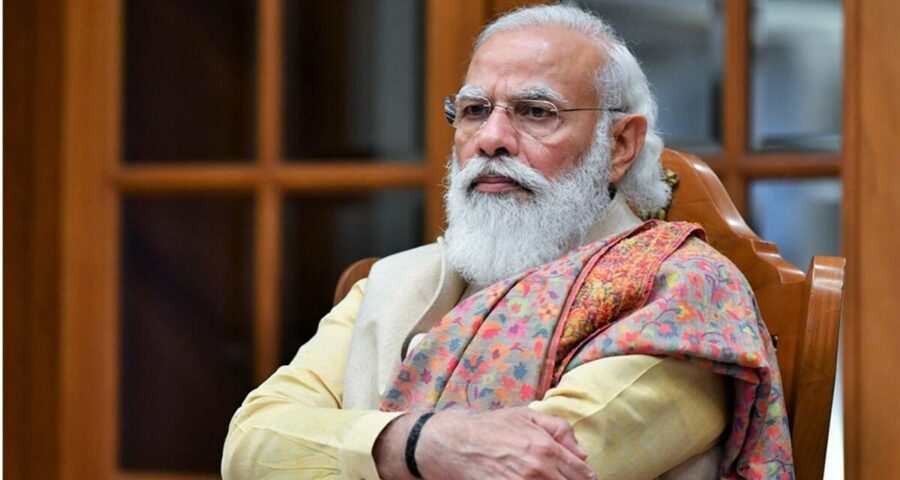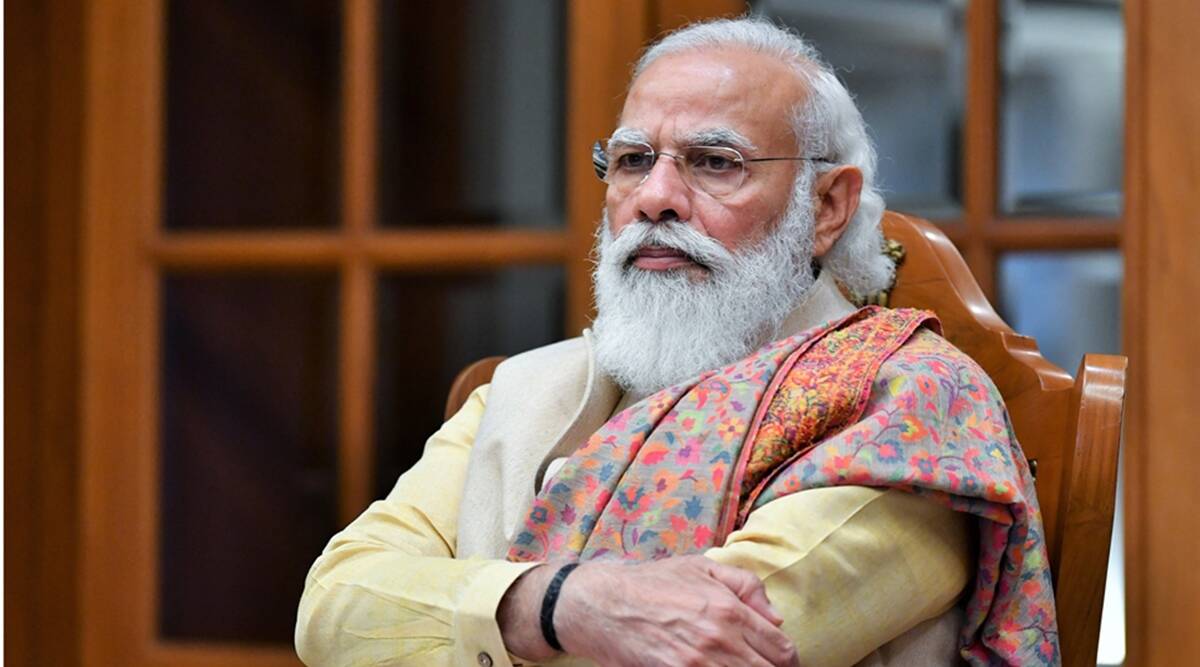India’s score decreased from 71 to 67, with 100 being the ranking for the most free country, and its rank fell from 83 to 88 out of 211 countries
Washington-based noted think tank Freedom House has demoted India’s freedom score from “free” to “partly free”, saying rights and civil liberties “have been eroding since Narendra Modi became Prime Minister in 2014”, specifically referring to attacks on Muslims, use of the sedition law, and the government’s coronavirus response including the lockdown.
India’s score decreased from 71 to 67, with 100 being the ranking for the most free country, and its rank fell from 83 to 88 out of 211 countries. In its annual report, Freedom House said, “His (Modi’s) Hindu nationalist government has presided over increased pressure on human rights organizations, rising intimidation of academics and journalists, and a spate of bigoted attacks — including lynchings — aimed at Muslims. The decline deepened following Modi’s reelection in 2019, and the government’s response to the coronavirus pandemic in 2020 featured further abuses of fundamental rights.”
In a press release, the organisation underscored a “pattern in which the Hindu nationalist government and its allies have presided over rising violence and discriminatory policies affecting the Muslim population and pursued a crackdown on expressions of dissent by the media, academics, civil society groups, and protesters”.
India’s score of 67 puts it on a par with Ecuador and Dominican Republic. Freedom House noted that the change in India’s status from “Free” to “Partly Free” was the most significant for 2020, “meaning less than 20 per cent of the world’s people now live in a Free country — the smallest proportion since 1995″.
The most free countries in the world, with a score of 100, are Finland, Norway and Sweden, while the least free with a score of 1 are Tibet and Syria.
The report says, “The government of Prime Minister Narendra Modi and its state-level allies continued to crack down on critics during the year, and their response to COVID-19 included a ham-fisted lockdown that resulted in the dangerous and unplanned displacement of millions of internal migrant workers. The ruling Hindu nationalist movement also encouraged the scapegoating of Muslims, who were disproportionately blamed for the spread of the virus and faced attacks by vigilante mobs. Rather than serving as a champion of democratic practice and a counterweight to authoritarian influence from countries such as China, Modi and his party are tragically driving India itself toward authoritarianism.”
The organisation assesses nations on 25 different indicators. India’s score fell in relation to the following questions:
“Are individuals free to express their personal views on political or other sensitive topics without fear of surveillance or retribution?” The report states this score declined because of “the use of sedition and other charges in recent years to deter free speech, including discussion of a discriminatory citizenship law and the Covid-19 pandemic”.
“Is there freedom for nongovernmental organizations, particularly those that are engaged in human rights and governance-related work?” This score declined because of amendments to the Foreign Contributions Regulation Act and the freezing of Amnesty International’s assets, leading to the shutdown of the organisation’s India operations.
“Is there an independent judiciary?” This score declined because of former Chief Justice Ranjan Gogoi’s appointment to the Rajya Sabha, “a pattern of more progovernment decisions by the Supreme Court”, and “the high-profile transfer of a judge after he ruled against the government’s political interests”.
“Do individuals enjoy freedom of movement, including the ability to change their place of residence, employment, or education?” This score declined due to the migrant crisis and “violent and discriminatory enforcement by police and civilian vigilantes”.
The Freedom House report again listed “Indian Kashmir” separately, and retained its status as last year of “not free” (the first time it had done so), with the score for it falling from 28 to 27. Between 2013 and 2019, “Indian Kashmir” was labelled as “partly free”. Its score fell from 28 to 27.
“Disputed territories are sometimes assessed separately if they meet certain criteria, including boundaries that are sufficiently stable to allow year-on-year comparisons,” the report said.
India’s Internet Freedom Score has stayed at 51. However, the report stated that “internet freedom in India declined dramatically for a third straight year”, citing Internet shutdowns, blocked content, disinformation spread by political leaders, online harassment, amendments to the Foreign Direct Investment Policy, coordinated spyware campaigns, and digital monitoring.
It also highlights 2020 events such as the Northeast Delhi riots in February and September’s acquittal of 32 accused in a 1992 Babri Masjid demolition case.
Between 2013 and 2015, India’s ranking had risen twice consequently by 1 point, going up from 76 to 78. The ranking had remained 77 from 2016 to 2018. It dipped to 75 in 2019 and 71 in 2020.
Apart from India, Belarus fell eight points, Hong Kong three, Algeria two, and Venezuela two.
Freedom House said the changes in India form “part of a broader shift in the international balance between democracy and authoritarianism, with authoritarians generally enjoying impunity for their abuses and seizing new opportunities to consolidate power or crush dissent. In many cases, promising democratic movements faced major setbacks as a result.”
Source: Read Full Article


